Our Group, including Dr. Frank Minja from Yale, myself, and our medical residents, are returning to the Muhimbili National Hospital (MNH) and the Muhimbili University of Health and Allied Sciences (MUHAS). On this trip we will focus on breast imaging and intervention. Our proposed intervention for this trip is to teach concepts in breast imaging, to perform a large number of breast biopsies (approximately 100+), and to teach biopsy techniques.
Breast cancer is increasing in the third world, similar to the developed world, and remains the most common malignancy to afflict adult women. This disease, which is treated effectively in sophisticated medical environments, continues to present as advanced disease in Tanzania and neighboring East African nations. Advanced breast disease not only invokes fear in the patient, but also in her family. We hope to directly impact our patients through the interventions described above, but we also will train local academic radiologists, whom we know from our previous trips. By empowering these (largely female) Tanzanian radiologists, we begin treating this disease effectively. By diagnosing and treating Tanzanian women, we are arguably helping the critical center of the family unit.
As mentioned above, we will be training Tanzanian radiologists, who will subsequently become the leaders in image-based diagnosis and treatment of breast cancer. We provide the initial lectures and hands-on experience. Our goal is to continue to provide remote consultation upon our return, as the Tanzanian radiologists continue this work. We will return on a regular basis to continue training in breast imaging as well as in other sub-specialties in radiology. While this is our second trip in this academic year, we expect to be able to reduce the visits as the local physicians gain expertise, and begin to train others.
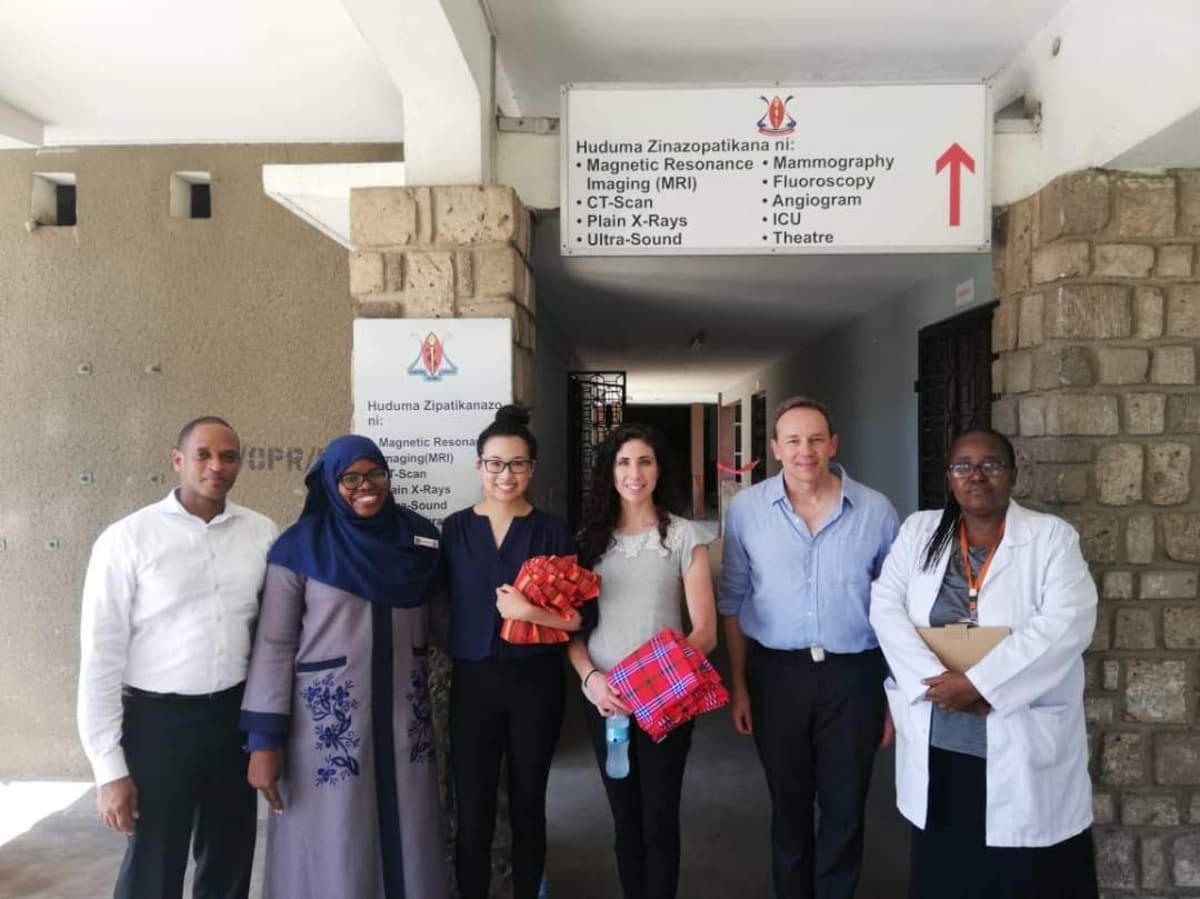
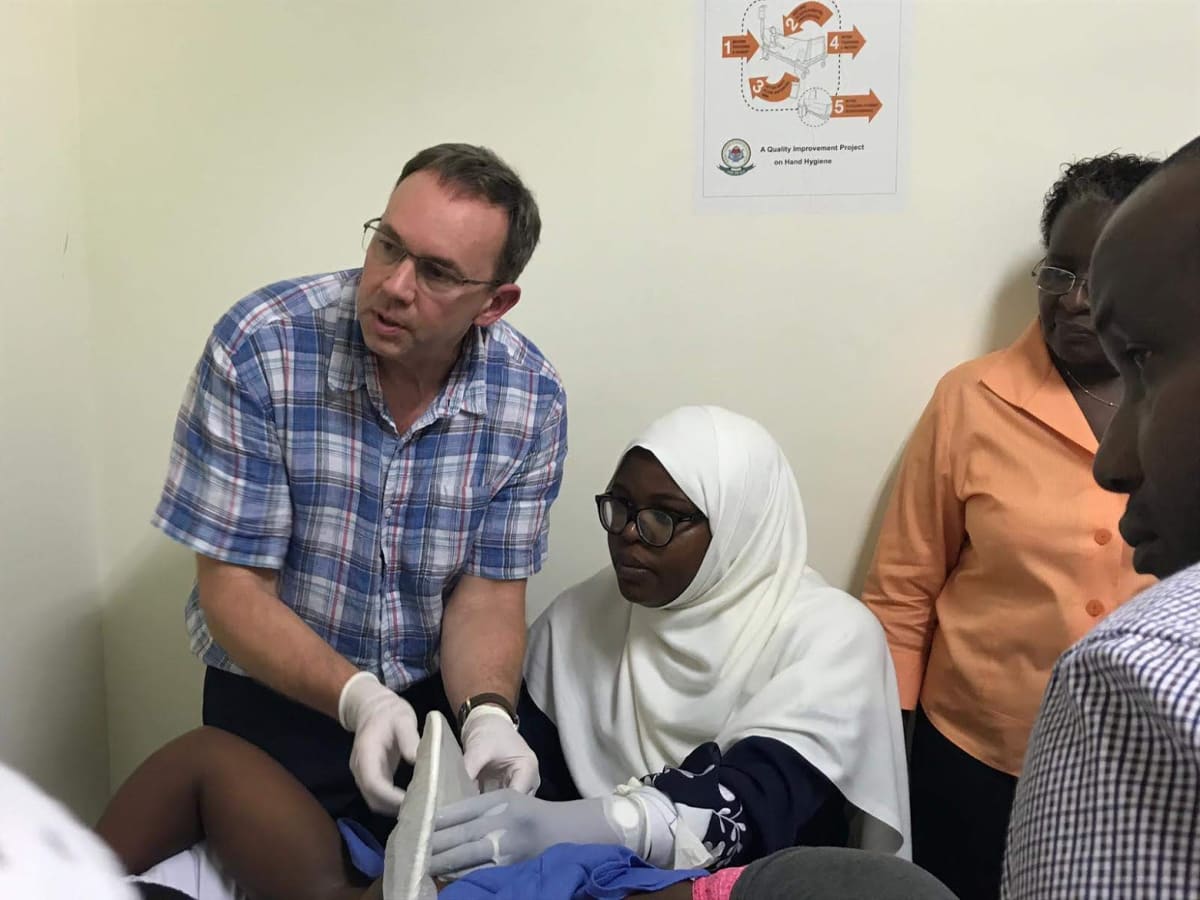
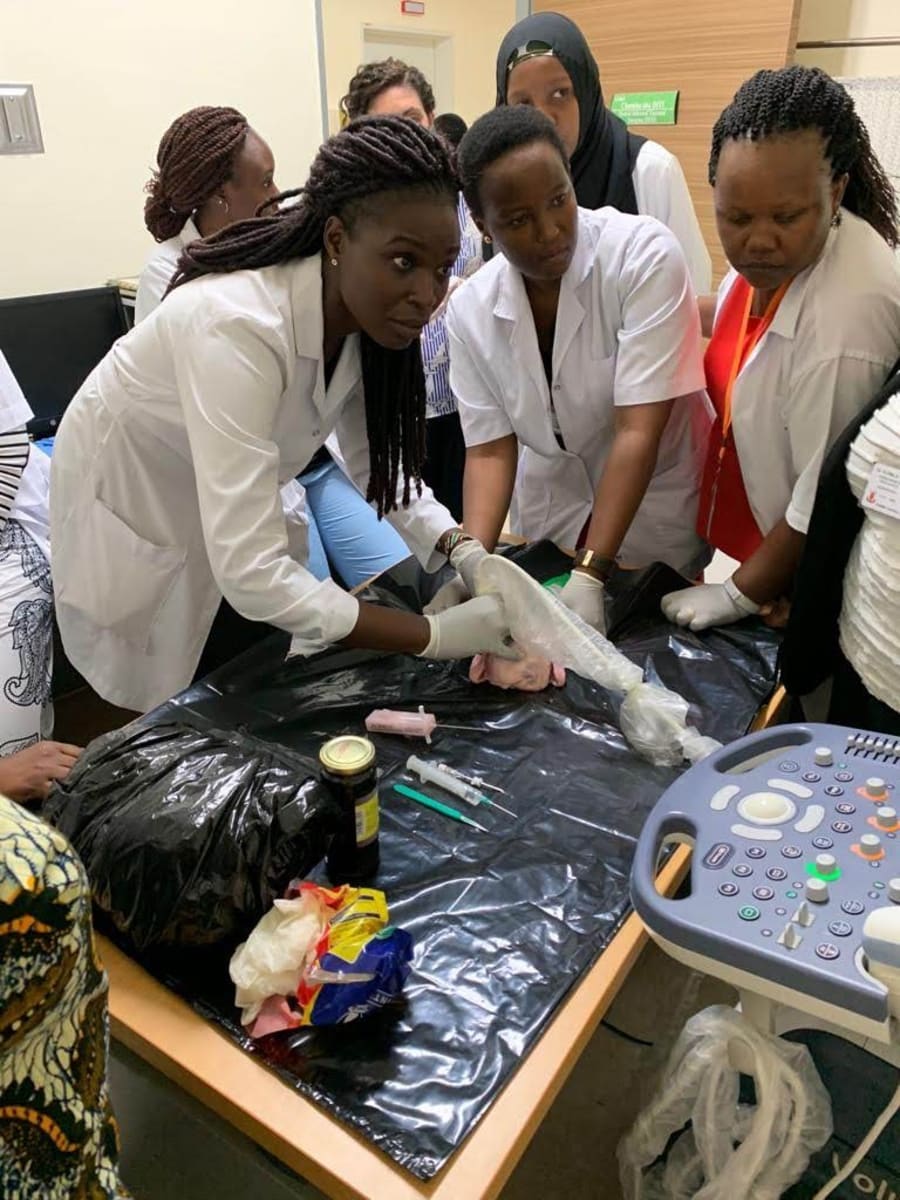
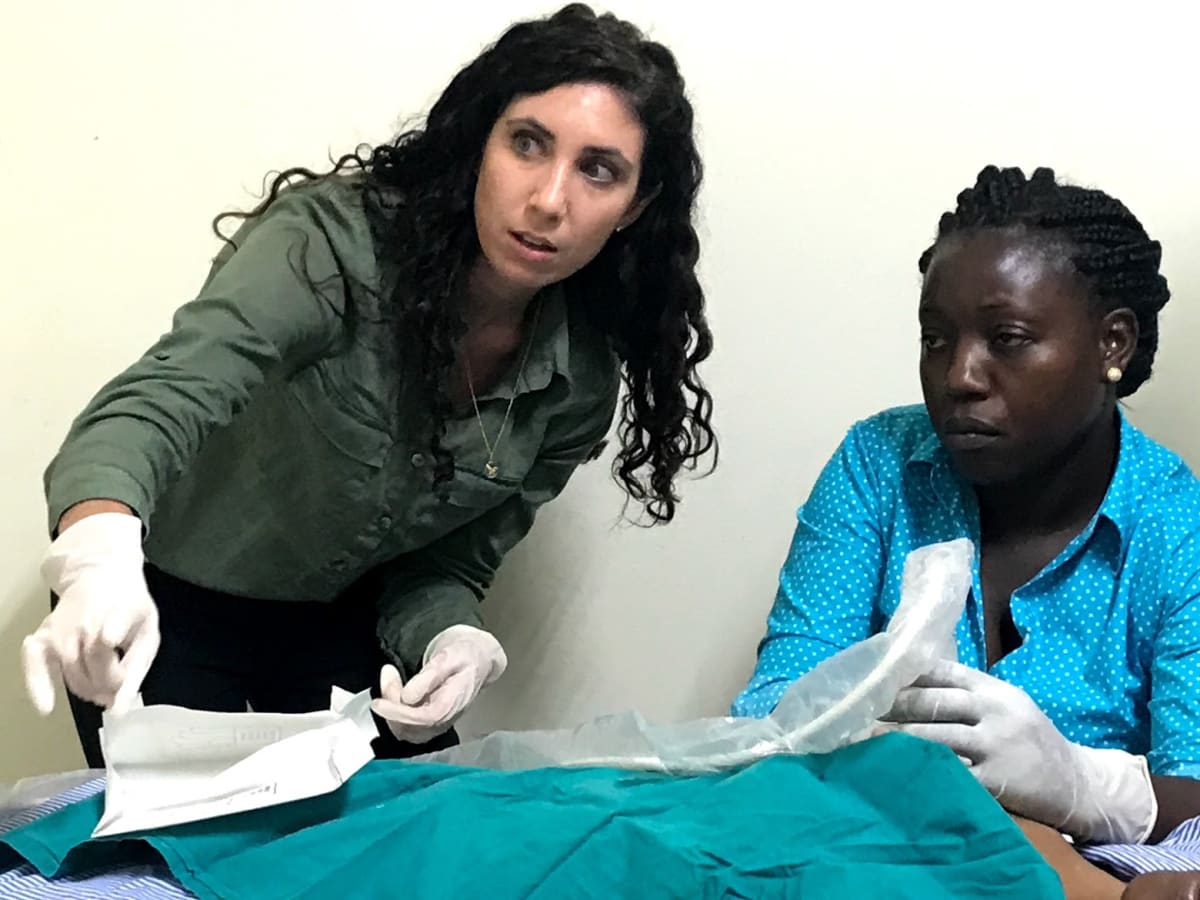
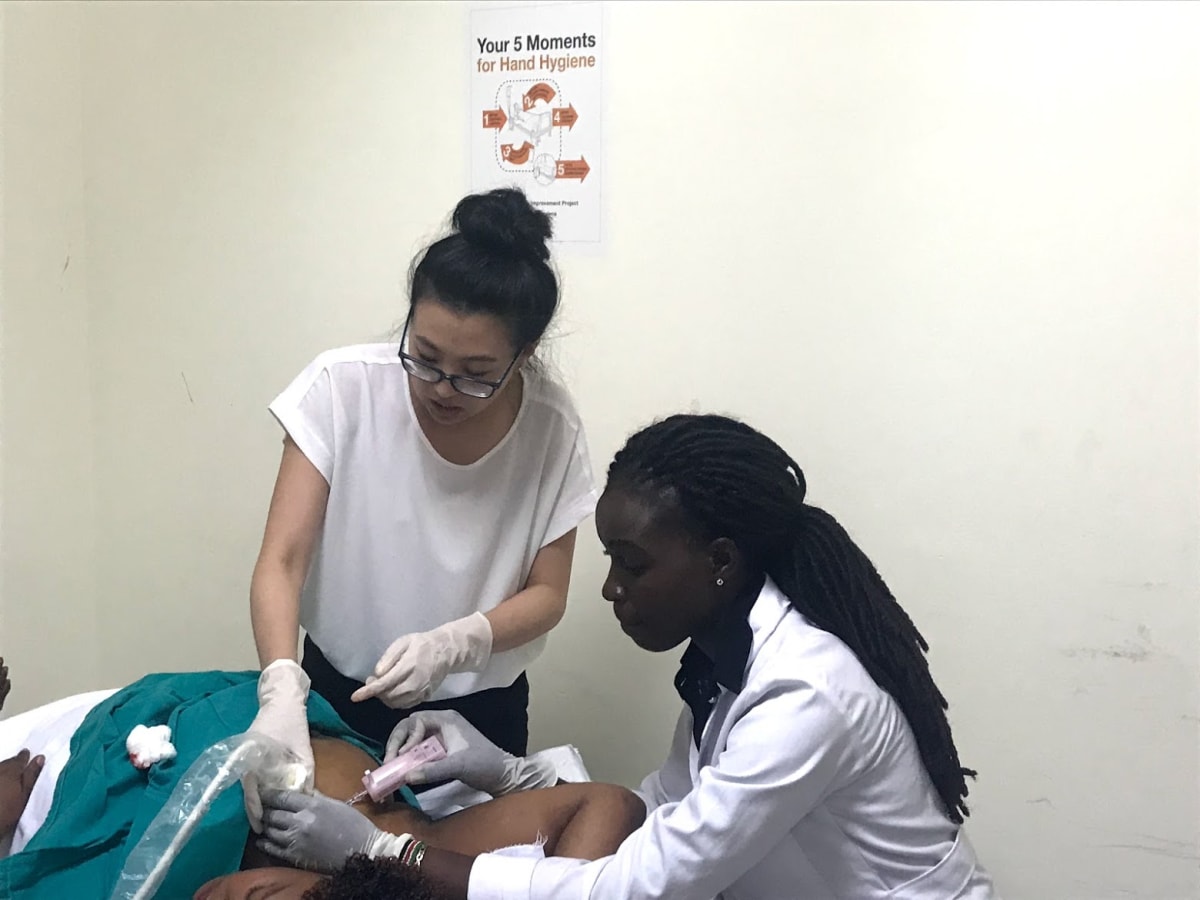





Tanzania is an East African nation where breast cancer is increasing in prevalence, as it is throughout the developed and developing world. Women in Tanzania who feel a lump in their breast, or who receive a clinical breast exam that is abnormal, have had very limited ability to receive an accurate image guided diagnosis. Our intervention was specifically designed to begin the work of image-guided core breast biopsy. We began to train our radiology colleagues in Tanzania to assess the breast by ultrasound, to make clinical decisions, and to proceed with image guided core biopsy. This intervention focuses on the Tanzanian family, to empower women to receive care, and hopefully begin the process of providing more sophisticated treatment for women with benign and malignant breast disease.